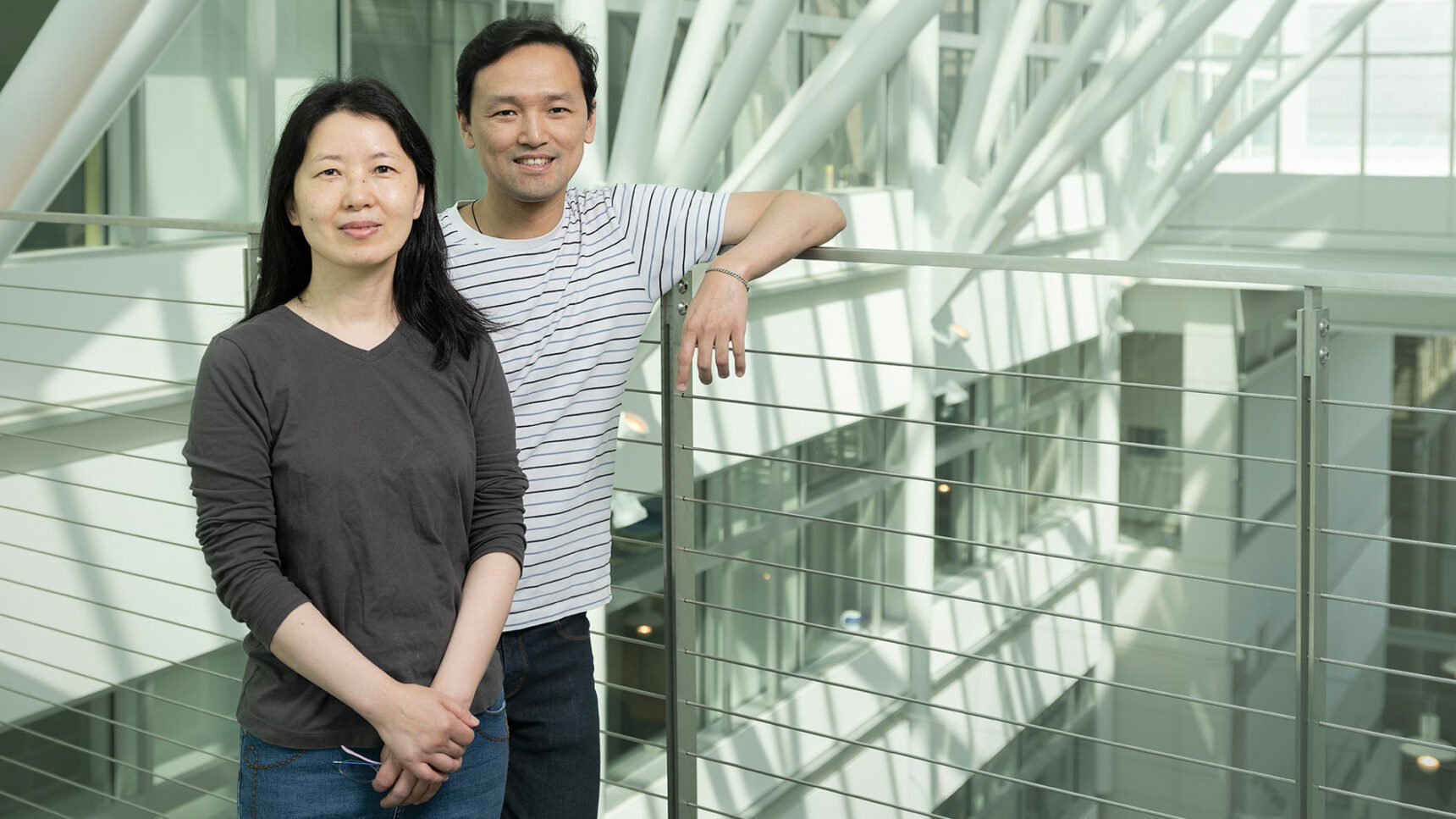Can a New Law of Physics Explain a Black Hole Paradox?
Can a New Law of Physics Explain a Black Hole Paradox?
Leonard Susskind and collaborators set out to understand why black hole interiors grow forever. They ended up proposing a new law of physics.
Read related article
Select Playlist
Explore All Videos
Mirror Molecules: The Symmetry Rule Life Never Breaks
Most organic molecules have a mirror-image twin. This concept is known as chirality. Yet life only uses one chiral molecule, not the other. The reason for this asymmetry is one of the greatest mysteries of biology.
How to ‘See’ the 4th Dimension with Topology
Mathematician Maggie Miller explores the strange and fascinating world of 4D topology — the study of shapes, or manifolds, that resemble flat Euclidean space when viewed up close.
Amateurs Solve a Famous Computer Science Problem On Discord
A team of amateurs recently came together in an online collaboration called the Busy Beaver Challenge to pin down the value of BB(5), the fifth “busy beaver” number — a notoriously difficult problem in theoretical computer science.
How to Build an ‘Artificial Scientist’
Physicist Mario Krenn uses artificial intelligence to inspire and accelerate scientific progress.
One Step Closer to a ‘Grand Unified Theory of Math’: Geometric Langlands
After 30 years of effort, mathematicians finally proved a major component of the ambitious Langlands program.
Why Some People Don’t ‘See’ Mental Imagery: Aphantasia
Neuroscience research into people with aphantasia is now revealing how imagination works and demonstrating the sweeping variety in our subjective experiences.
2024 Biggest Breakthroughs in Computer Science
The year’s biggest computer science stories included a new understanding of large language models, and a breakthrough in being able to compute complex quantum systems.
2024 Biggest Breakthroughs in Biology
We look back at three of the biggest biology stories of 2024: a reconstruction of the ancient ancestor of all modern life, the discovery of a neural circuit that regulates the immune system, and artificial intelligence’s transformation of protein science.
2024 Biggest Breakthroughs in Physics
A look back at three of the biggest stories in physics this year, including evidence that dark energy may be weakening, the discovery of a supersolid, and new advances in quantum geometry.




















